Jacie Tan
7th February 2020 - 13 min read

As you keep yourself up to date on the developments of the global Covid-19 pandemic, have you thought about how Covid-19 affects your various insurance policies? While there has been much discussion in the media about infection, prevention, and possible cures, you may also have questions about the impact of the epidemic on your medical, life, or even travel insurance policies.
We’ve compiled a list of questions you might have when it comes to the Covid-19 and your insurance plans. As you will see as you go down the FAQs, the answer isn’t always black and white as it varies from policy to policy as well as from case to case. However, as opposed to wondering and speculating, it’s good to be equipped with some general information regarding Covid-19 and you – or in this case, about Covid-19, your medical insurance and life insurance policies.
Covid-19: How It Affects Your Medical and Life Insurance Policies

Let’s tackle all your frequently asked questions about Covid-19 from an insurance perspective – starting from what happens if you think you are showing symptoms.
What are the symptoms of Covid-19?
Covid-19 can cause runny nose, sore throat, cough, and fever, but can be more severe for some persons, leading to pneumonia or breathing difficulties. According to WHO, older people and those with pre-existing medical conditions like diabetes and heart disease may be more vulnerable to becoming severely ill with the virus.
In some cases, the disease can be fatal. Based on current global case statistics, the fatality rate of the virus is at about 2.0%.
What happens if I am suspected to have Covid-19?
Should you display the symptoms above, you must seek immediate medical attention from a general practitioner or at a hospital. At this stage, there are no restrictions as to where you can seek medical attention; if you find yourself at a private hospital, be sure to make use of your Takaful medical card or medical insurance policy.
However, if you are suspected to have Covid-19, you will be considered a “patient under investigation” (PUI) and referred to one of the official referral hospitals for Covid-19 cases.
Which hospitals are on the Ministry of Health’s official Covid-19 referral list?
If you are suspected or confirmed to have Covid-19, you will be referred to one of these 26 designated hospitals:

(Image: KKM)
How does my medical insurance work in a public hospital?
As you may have noticed, the referral hospitals on this list are government hospitals. Don’t be fooled by the misconception that medical insurance policies are for private hospitals only; they aren’t. While government hospital fees are considerably lower than private hospitals, you would still be able to use your medical insurance policy to claim for the expenses as detailed below.
If I am diagnosed with coronavirus, can I claim medical insurance for hospitalisation?

(Image: Hong Kong News)
In a word, the answer is yes – you can.
Generally, medical insurance plans are there to cover your expenses for hospitalisation and treatment when you get admitted. Covid-19 technically falls under an exemption to this rule as it is considered a “communicable disease requiring quarantine by law” – which could render you unable to use your insurance policy to cover medical expenses arising from contraction of the virus.
However, on 31 January 2020 the Life Insurance Association of Malaysia (LIAM) and the Malaysian Takaful Association (MTA) released a joint statement saying that despite the exclusion clause, all life insurance and takaful operators in Malaysia will be providing hospitalisation and treatment coverage to policyholders for cases of the novel coronavirus. This came a week after major insurance companies released statements of their own confirming the extension of medical coverage for coronavirus cases.
Is Covid-19 considered a critical illness?
No. Covid-19 is not considered a critical illness as defined for insurance purposes. Therefore, you won’t be getting your payout benefit from your critical illness policy if you are diagnosed with the novel coronavirus.
Does Covid-19 qualify under payouts for “infectious diseases” in my insurance plan?
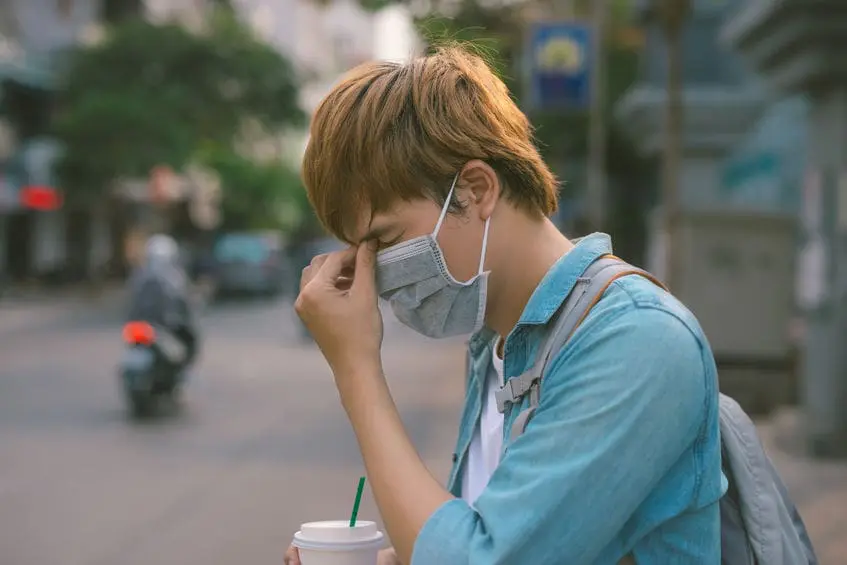
Some insurance plans offer lump-sum payouts if you contract an infectious disease during the duration of your policy – such as the Zurich ValueLife Premier and Prudential PruWealth Plus, which are both life insurance plans. In these policy wordings, the specific “infectious diseases” that qualify for the payout have already been pre-determined. Therefore, it’s unlikely that you will get a payout under this benefit until your insurer decides to add it to the list of infectious diseases covered in the relevant plan.
>> Compare the best AIA medical card
>> Compare the best Prudential medical cards
>> Compare the best Zurich medical cards / Zurich Takaful medical cards
Are there special types of insurance coverage for Covid-19?
Some insurance companies have gone one step further and are offering additional complimentary coverage specific to Covid-19 – on top of existing medical benefits under medical card policies and so on. From lump-sum payouts upon diagnosis and daily hospitalisation allowances to death benefits, you can check what extra coverage your insurance provider is offering for cases of Covid-19 here.
What happens if I die from Covid-19? How does this affect my life insurance policy?
If you are holding a life insurance policy, Covid-19 being the cause of your death will not affect your insurance payout. There are generally no exclusion clauses arising for deaths caused by illnesses for life insurance plans, so your beneficiaries wouldn’t be obstructed from obtaining your life benefit just because you die from Covid-19.
Covid-19: How It Affects Your Travel Insurance Plans

The coronavirus outbreak originated in Wuhan, China, but has now spread to over 160 countries around the world through human-to-human transmission. Since then, many countries have placed travel restrictions and even shut down their borders in an effort to stop the spread of the virus around the globe.
So, what does this mean for your travel plans?
What if I want to cancel my trip?
When cancelling any trip, you would obviously want to get back as much of the money you’ve spent on it as possible, such as flight ticket expenses and hotel bookings. Your travel insurance policy may be able to help you out here with the insurance claims – but this depends on a lot of various factors and considerations, which we’ll cover one by one below.
Will the airline give me a refund on my flight ticket?

Before you rely on any travel insurance policies to get your money back from any cancelled flights, check what your airline provider has to say about flight changes and flight cancellations. Airlines have been updating their cancellation policies alongside all the latest developments of the Covid-19 situation, so make sure to enquire or keep aware of what refund and compensation avenues are available to you.
How do travel insurance policies work when it comes to trip cancellations?
Taking a step back from the situation surrounding the Covid-19 virus, let us look at how your travel insurance can help with trip cancellations under general circumstances.
Some travel insurance plans (usually those in the mid-tier or higher-end range) offer a trip cancellation benefit. If your travel insurance includes this benefit, your insurer could reimburse you in the event of necessary cancellations, covering things like flight tickets, hotel bookings, deposits, and so on. Usually, you can only make use of this benefit if you had bought your travel insurance a pre-determined period of time ahead of the commencement of your trip.
Compare the best AXA travel insurance
Compare the best AIG travel insurance
Compare the best Takaful travel insurance
How can I successfully make a claim for the trip cancellation benefit?
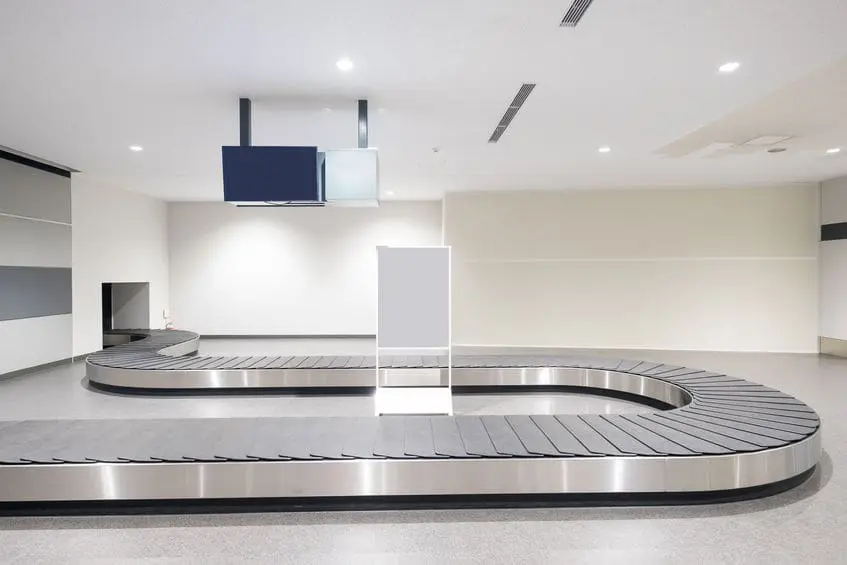
There are set conditions for making a successful claim for trip cancellation under your insurance policy; you can’t just cancel your travel plans for any reason and expect your insurance policy to cover the costs.
You are more likely to succeed in your claim if:
- The reason for your cancellation is within your policy’s specified causes for cancellation
- The circumstances around your trip cancellation do not fall within any exclusion
- You bought your policy further in advance and before any “known event” declarations
You would have to check the wording of your travel insurance policy to know exactly what the specified causes, exclusions, and accepted window for cancellation are.
In the context of Covid-19, how does that work?
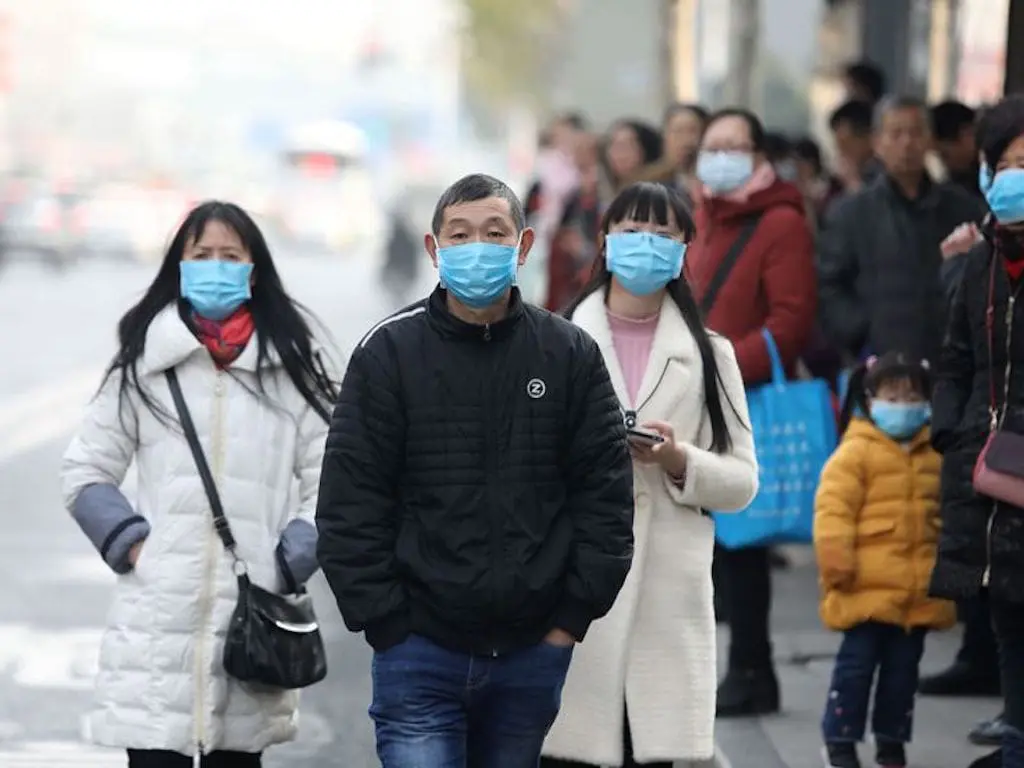
As you can see from the factors above, the success of your claim for trip cancellation due to the Covid-19 outbreak would depend on a myriad of factors concerning the details of your trip and insurance policy. Here’s an example to illustrate.
Let’s say your travel insurance policy allows for cancellation if the Malaysian government has advised against travel to the area. You can rely on this cause if it occurs within 30 days of your scheduled departure date. The insurer has declared the coronavirus a “known event” starting 23 January 2020.
If you have a trip to Wuhan, China, departing 12 February 2020, you can cancel your trip and get reimbursed for any non-recoverable travel and accommodation expenses as long as you purchased your insurance policy before 23 January 2020.
Apply for medical insurance online and for instant COVID-19 coverage
What is a “known event”?
When an insurer declares an event as a “known event”, it means that this occurrence would have been made known to you through media reports or government news. Once a known event has been declared, you will not be able to purchase an insurance policy and then expect it to cover you for the said event.
However, if have already a purchased your health insurance policy beforehand and your case complies with the relevant conditions, you should be able to make a successful claim. This is why it’s always a good idea to buy travel insurance in advance instead of a few days before your departure.
Check your insurer to see if they have issued any known event notices regarding the coronavirus.
The country I’m planning to visit has some cases of coronavirus and I don’t wish to go there anymore. Will I be covered under the cancellation benefit?
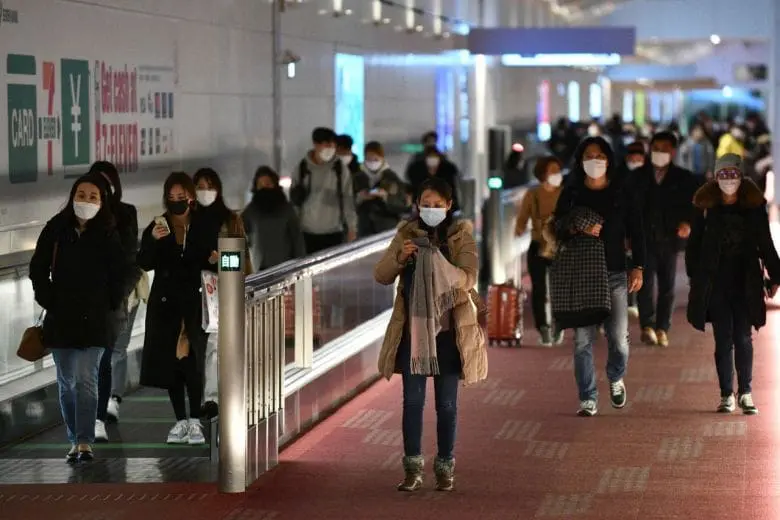
(Image: AFP)
The first step is to make sure that the reason for your cancellation falls under one of the accepted causes of cancellation stated in your policy wording. You probably have a strong case for cancelling your trip to Wuhan or other parts of mainland China, where there are thousands of cases of the virus, but what if you wish to cancel your trip to Japan for example, which has about forty over reported cases?
At the end of the day, it all boils down to the wording of your insurance policy and how the insurer chooses to enforce it. For example, if your policy allows cancellation due to the spread of an epidemic at the place of destination, this may leave some room for interpretation, and you can call your insurer to check.
Other policies may have more stringent requirements: it could state that the Malaysian government must issue a travel warning against your travel destination in order for your cancellation to be justified. Your insurer has the right to be very specific when it comes to the reading of your policy – for instance, Etiqa has said that since the official travel ban by the government only applies to Wuhan and the Hubai province, the cancellation benefit is not offered for travel to other parts of China.
If I do travel overseas and get the coronavirus, will my travel insurance cover my medical costs?
If your case doesn’t fall under one of the exemptions in your policy and isn’t restricted by the issuing of the “known event” statements, you should be able to make a successful claim. Refer to the question on exclusion clauses below for more details.
Some insurers, like Etiqa and AXA, have said in FAQs relating to the coronavirus issue that their travel insurance policies will cover treatment and hospitalisation for the novel coronavirus. Others, like AIG, have said that cover may be restricted or excluded due to the coronavirus’ classification as a known event – unless your travel insurance or travel plans were confirmed before the announcement of the outbreak as a known event.
Do all travel insurance policies exclude epidemics like Covid-19?
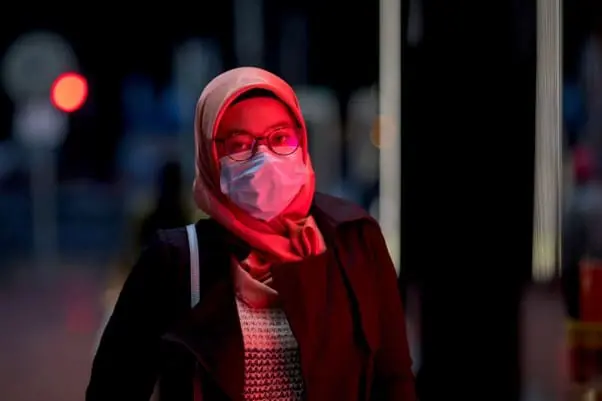
(Image: Getty Images)
Not all insurance policies have an express exclusion clause relating to epidemics or diseases; in fact, some policies even provide you with a quarantine benefit as part of your cover (see below). However, your claims in relation to the coronavirus might indeed be restricted if your insurance policy document contains this clause: exclusion for any losses arising under “any communicable diseases which require quarantine by law”.
Check to see whether your insurance policy has this exclusion clause, but you should also keep an eye on any additional statements your insurer has released. For example, Etiqa’s travel insurance policy applies this exclusion to its medical benefit in its policy document, but it said on its Facebook page that it will be providing coverage for those who are hospitalised abroad anywhere in the world due to the coronavirus for insurance policies bought before 11 March 2020.
What happens if I am placed under quarantine overseas? What is a quarantine benefit?
Some insurance policies, such as AXA and Allianz, actually offer a quarantine benefit as part of its insurance cover. Under this benefit, you could receive an allowance if you are placed under compulsory quarantine by the government of the country you are visiting.
***
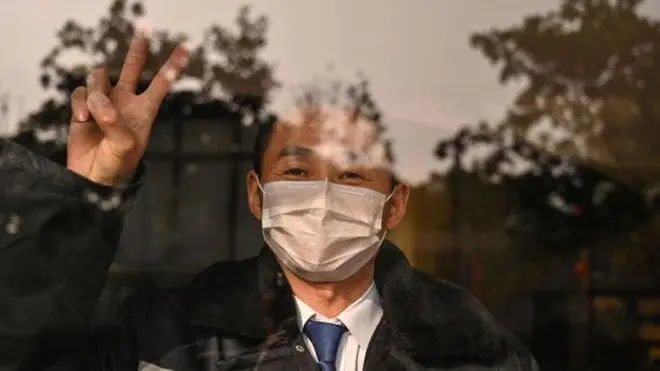
(Image: Getty Images)
Poring over terms and conditions can be overwhelming, which is why we’re giving you a better idea of what to look for when you try to find out how your insurance policies work when it comes to Covid-19. Nonetheless, as every insurer will tell you, getting a specific answer to your question will depend heavily on the situation at hand as well as every term and condition written in your insurance policy.
So, if you require a case-specific answer to your insurance question, it’s best to check your insurance policy and also contact your insurer directly with an enquiry.
We hope this FAQ has helped you tackle some of your general questions when it comes to Covid-19 and your medical, life, and travel insurance policies.
If you don’t have health insurance, apply for Manulife, AXA Affin and Etiqa medical card online and receive COVID-19 protection instantly.


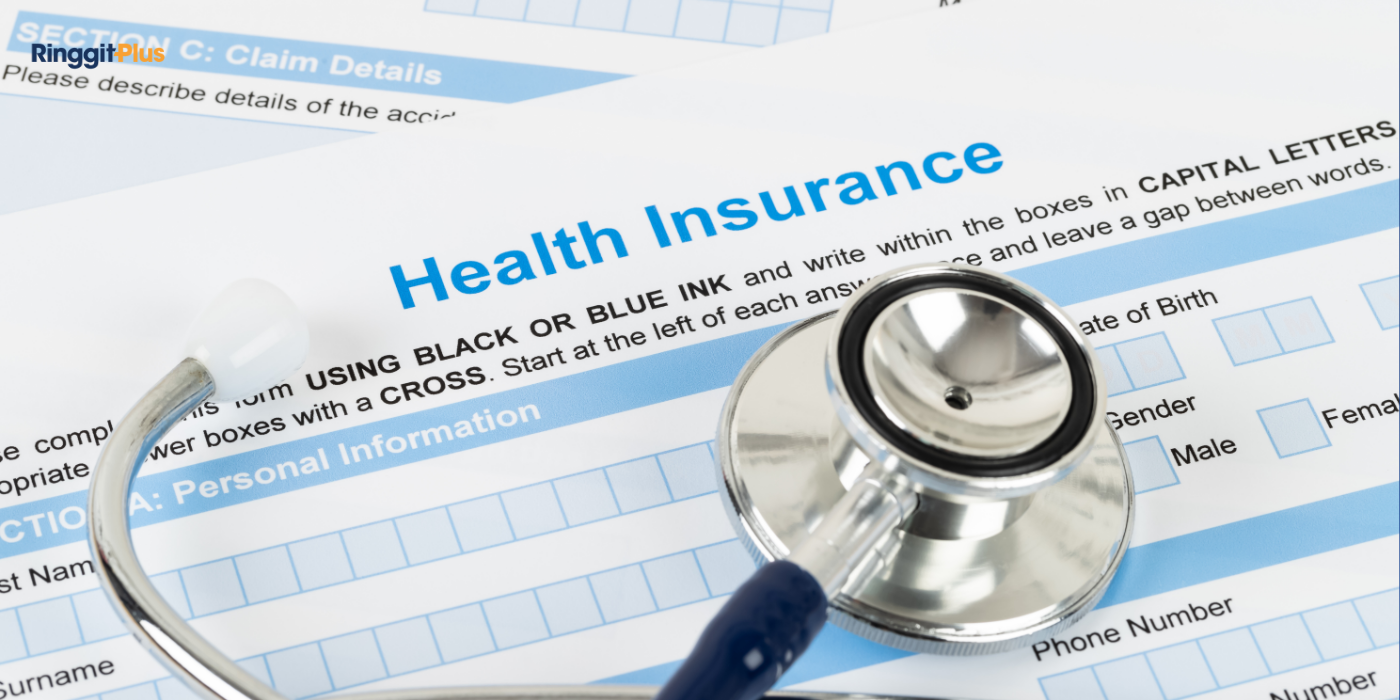
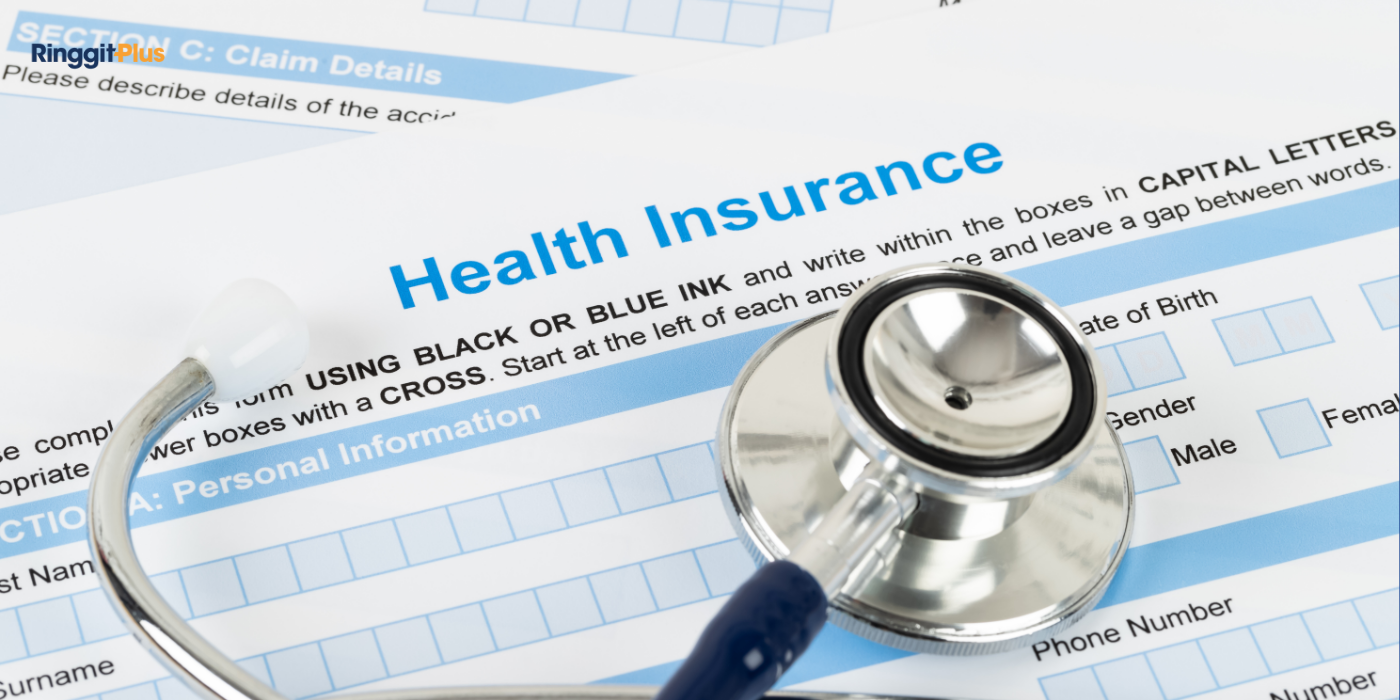

Comments (0)